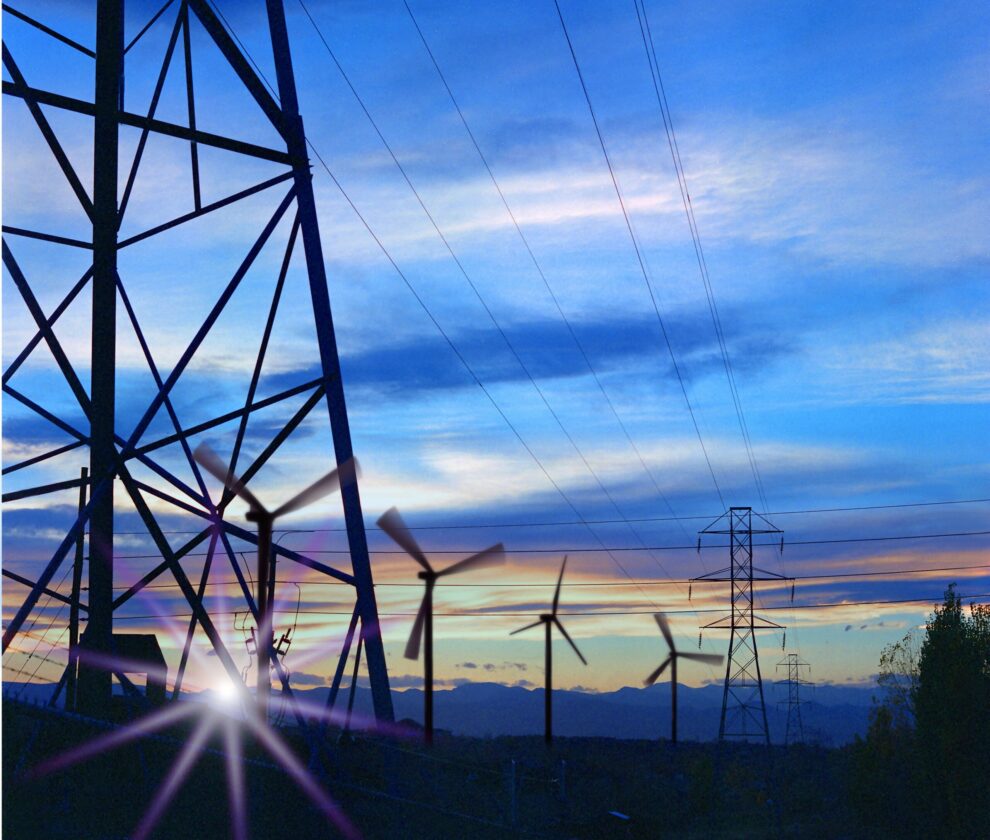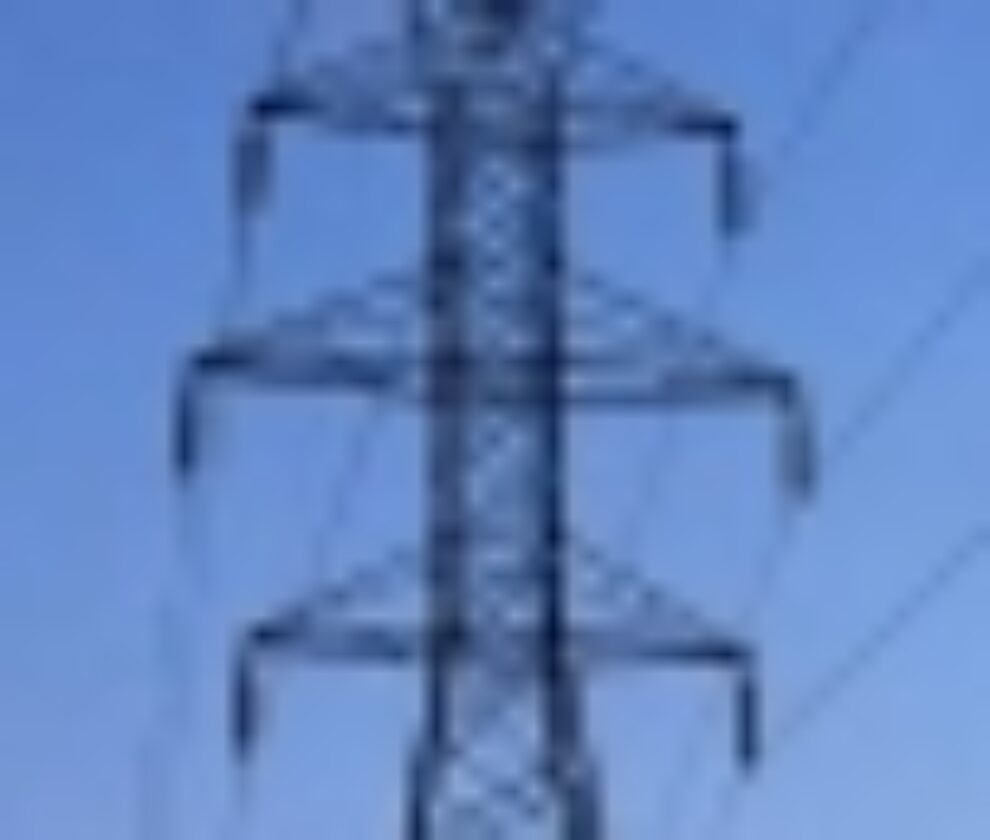Earlier this month, the Federal Energy Regulatory Commission (FERC) ordered the Bonneville Power Administration (BPA) – a federal agency responsible for the sale and transmission of wholesale electricity in eight Western states – to revise its practices that were creating an un-level playing field for wind power seeking access to the grid.
FERC’s decision, detailed here by the New York Times’ Matt Wald was in response to BPA’s actions last June when a wealth of wind and hydropower from a record snowmelt caused a surge of power on the grid. Instead of selling the cheap, excess power to neighboring utilities, BPA effectively “shut off” the region’s wind power.
The move denied utilities the renewable energy which they had contracted to purchase in order to comply with state renewable portfolio standards. It also cost wind farm owners millions and created an atmosphere of uncertainty about the ability of wind power generators to sell to customers in the future. Not only is that fundamentally unfair, many believed, without FERC’s order, investment in new wind power facilities in the region would come to a standstill.
More importantly, the Bonneville practices caused the displacement of almost 100,000 megawatt hours of inexpensive wind energy from May through July 2011 – enough power to supply 10,000 households for a year. If sold into the wholesale market, that power could have helped drive down costs for all consumers.
While some may see the BPA issue as unique to a region that is blessed with a wealth of renewable energy, its importance was not lost on lawmakers representing the other side of the country who saw its implications for competitive energy markets.
Rep. Ed Markey (D-MA), the top Democrat on the House Natural Resources Committee and long-time advocate for open and competitive electrical transmission policies, weighed in on the decision, saying:
“I encourage Bonneville and the Department of Energy to work closely with each other and with wind developers and other parties to develop mutually-agreeable policies that ensure open access to transmission and create a positive environment for clean energy investment.”
Rep. Markey also sent a letter to the Department of Energy (DOE) encouraging the agency to address future barriers to integrating renewable energy into the grid. Read Markey’s statement here.



